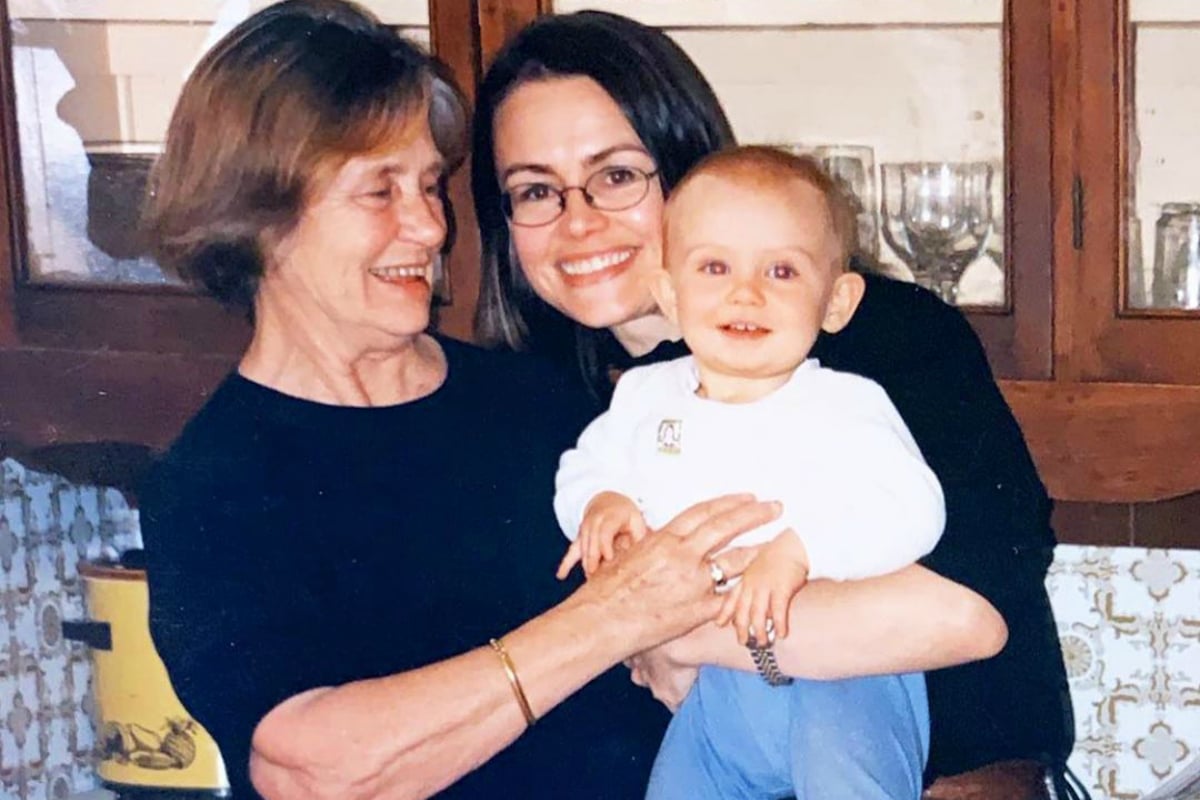
It is a strange thing. Suddenly, the mists of time clears before our eyes, and there on a distant hilltop, we discover our battered family tree, displayed in all its imperfection.
Last night, seated beside my mum, we watched our family history – filled with a seemingly unending litany of thefts, assaults, convict ships and tragically early deaths – on national television.
Let me explain.
Mum, journalist Lisa Wilkinson, was lucky enough to be part of season 11 of the SBS series Who Do You Think You Are?, which premiered on Tuesday night.
For one hour, our family watched, mostly horrified, as Mum went on a journey to follow in the fierce footsteps of our ancestors.
From a life of extraordinary misery and tragedy for a convict on Mum’s maternal side, to a chance-romance in India on her paternal side (with another tragic ending) we learned stories we never knew existed.
